[ad_1]
SAN JUAN, Puerto Rico (Reuters) – The Pentagon appointed a senior general to oversee military relief operations in hurricane-ravaged Puerto Rico, even as President Donald Trump’s administration faced calls from lawmakers for a far more robust response to the disaster.
The U.S. territory of 3.4 million people is reeling from Hurricane Maria, which struck on Sept. 20 as the most powerful storm to hit the island in nearly 90 years, causing widespread flooding, completely cutting power and damaging homes, roads and other infrastructure.
The U.S. military, which has poured some 4,400 troops into the relief effort, named Lieutenant General Jeffrey Buchanan to oversee its response on the island.
Buchanan, who heads the U.S. Army North, was expected to arrive in Puerto Rico later Thursday. He will be the Pentagon’s main liaison with the Federal Emergency Management Agency and focus on aid distribution, the Pentagon said in a statement.
Senator Marco Rubio, like Trump a Republican, earlier called on the government to appoint a single authority to oversee all relief efforts, and said the Defense Department should mostly be in charge.
“I‘m arguing that at least when it comes to logistics the federal government is going to have to lead and they’re going to have to put someone there with the authority to make these decisions and execute on them fairly quickly,” Rubio told CNN.
Democratic U.S. Senator Richard Blumenthal said the devastation was shifting from a natural disaster to a man-made one, saying the government’s response had been “shamefully slow and undersized and should be vastly upgraded and increased.”
Speaking on the Senate floor, he called for as many as 50,000 troops “not to occupy the island, not to enforce martial law” but to coordinate logistics and the delivery of aid and basic necessities.
Even as FEMA and the U.S. military have stepped up relief efforts, many residents in Puerto Rico have been frustrated over the prolonged lack of electricity, drinking water and other essentials.
Radamez Montañez, a building administrator from the municipality of Carolina, east of San Juan, said he had been without water and electricity at home since Hurricane Irma grazed past the island earlier this month. “It’s chaos, total chaos,” he said.
Defending the relief effort, White House spokeswoman Sarah Sanders said 10,000 federal government relief workers were now in Puerto Rico, including troops, and that 44 of the island’s 69 hospitals were now fully operational.
“The full weight of the United States government is engaged to ensure that food, water, healthcare and other life-saving resources are making it to the people in need,” Sanders told reporters.
Brigadier General Richard Kim, deputy commanding general of the U.S. Army North, told reporters on a conference call that the total Defense Department force on the island, including the Puerto Rico National Guard, was about 4,400 troops.
SHIPPING RESTRICTION LIFTED
The Trump administration earlier lifted restrictions known as the Jones Act for 10 days on foreign shipping from the U.S. mainland to Puerto Rico. But while that measure might help speed cargo shipments, Puerto Rico is struggling to move supplies around once they arrive.
Republican Senator John McCain has introduced a bill to permanently waive shipping restrictions under the Jones Act for Puerto Rico.
The U.S. government has temporarily lifted the Jones Act following violent storms in the past, including after hurricanes Harvey and Irma, which hit Texas and Florida in late August and earlier this month. Critics had charged the government was slow to do this for Puerto Rico.
Overall, the island is likely to need far more than $30 billion in long-term aid from the U.S. government for disaster relief and rebuilding efforts following Maria, a senior Republican congressional aide said on Thursday.
The aide, who asked not to be identified, said that while Congress has quickly fulfilled the Trump administration’s requests for disaster assistance, there are concerns that government agencies have not acted quickly enough and bureaucratic requirements may have slowed the work of the Department of Defense and other offices.
The immediate relief effort is still badly hampered by the hit to infrastructure.
Discharging at the San Juan port remains slow, and there are several tankers carrying fuel waiting to unload that have not yet been able to do so, according to Thomson Reuters shipping data.
“Really our biggest challenge has been the logistical assets to try to get some of the food and some of the water to different areas of Puerto Rico,” Governor Ricardo Rossello told MSNBC on Thursday. He has staunchly defended the Trump administration for its relief response.
Brock Long, the FEMA administrator, told CNN he was dissatisfied with the federal response to Maria, saying relief operations had been hindered by damage to the air traffic control system, airports and ports.
The military had delivered fuel to nine hospitals and helped establish more than 100 distribution centers for food and water on the island, the Pentagon said on Thursday.
It was also shipping supplies including a large generator to power a radar center to help air traffic control in San Juan and other airports, and a barge with 100 defense trucks carrying diesel and gasoline.
Reporting by Robin Respaut and Dave Graham in San Juan and Doina Chiacu and Susan Heavey in Washington; Additional reporting by Makini Brice, Roberta Ramptonm Richard Cowan, David Shepardson and Idrees Ali in Washington; and David Gaffen in New York; Writing by Frances Kerry; Editing by Howard Goller and Lisa Shumaker
[ad_2]
Source link

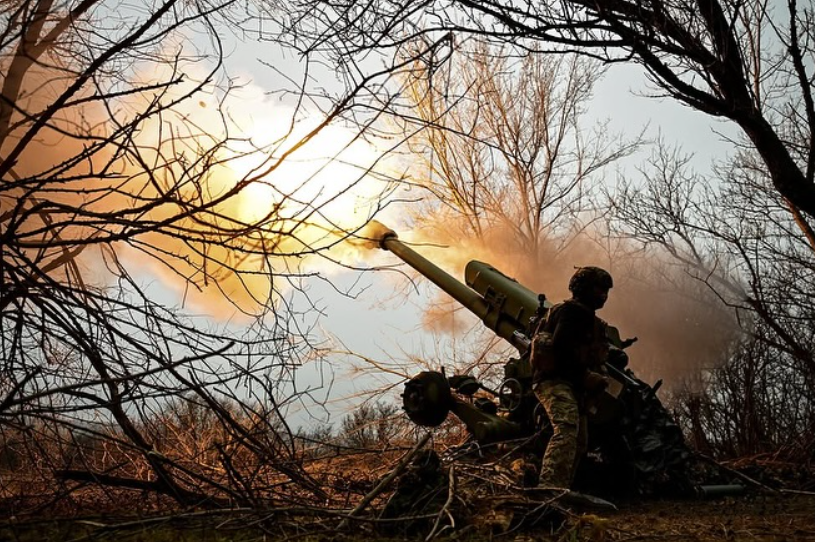
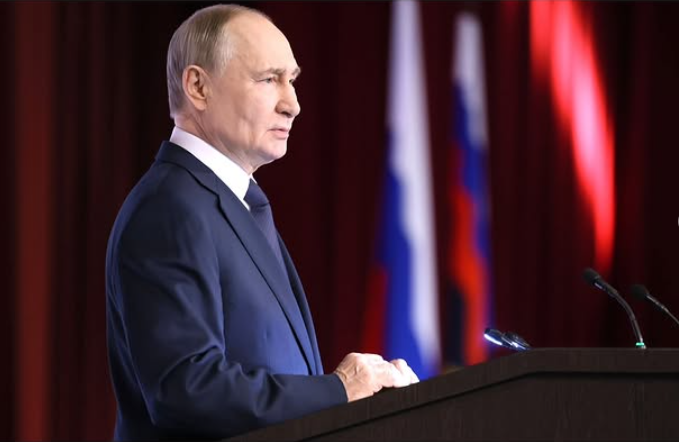
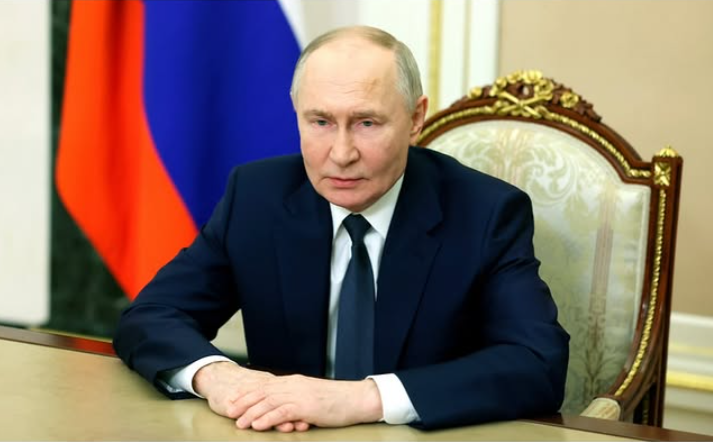
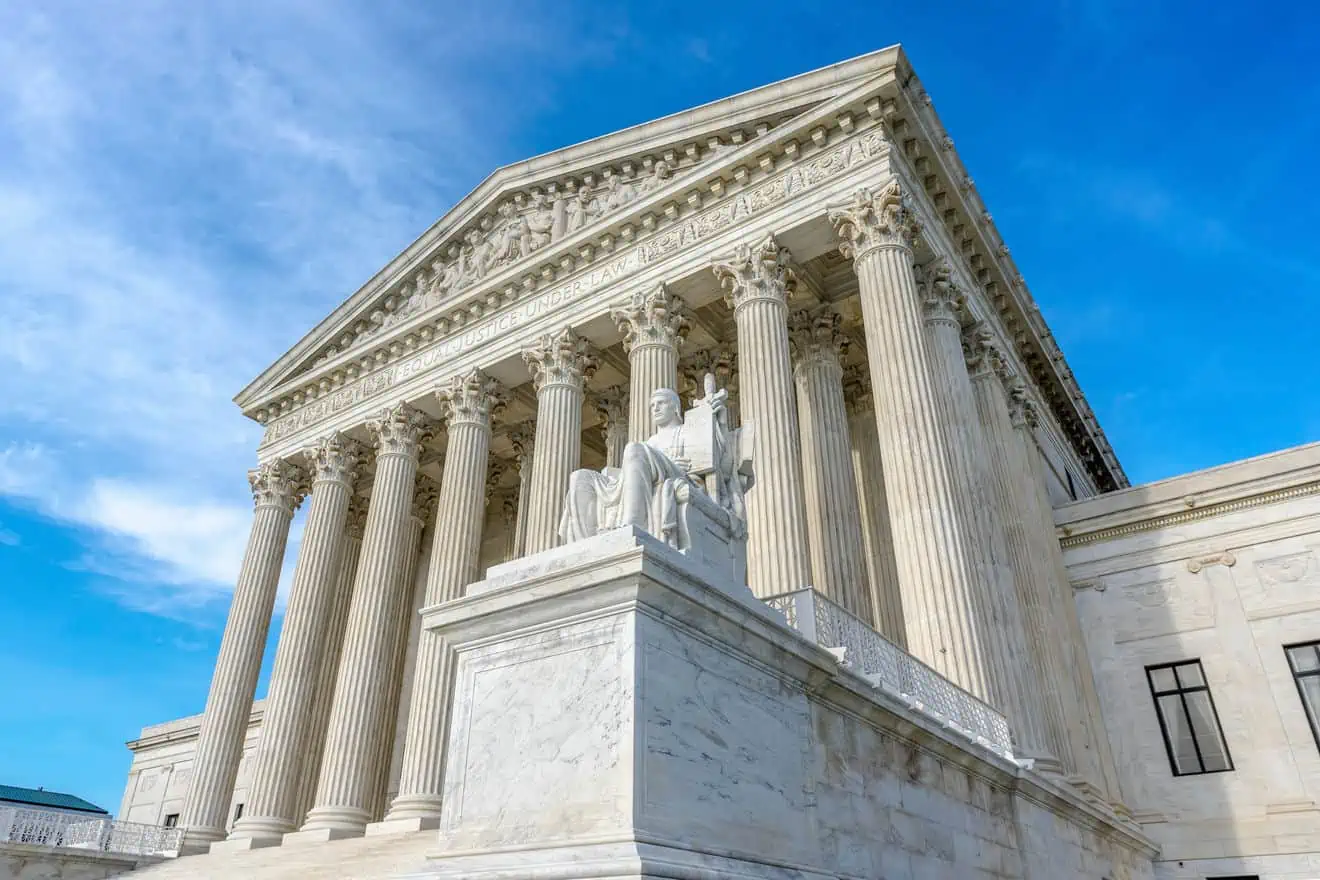
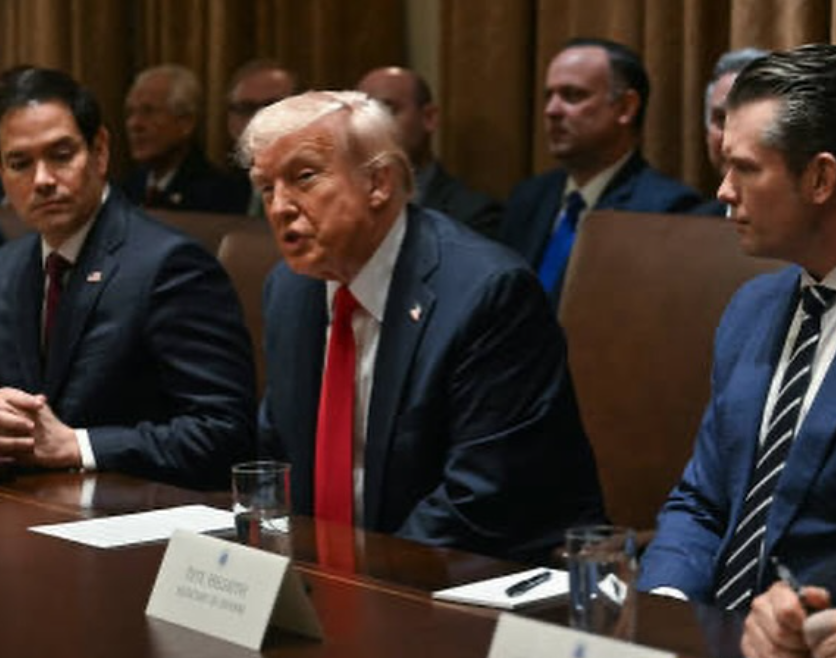
Leave a Reply